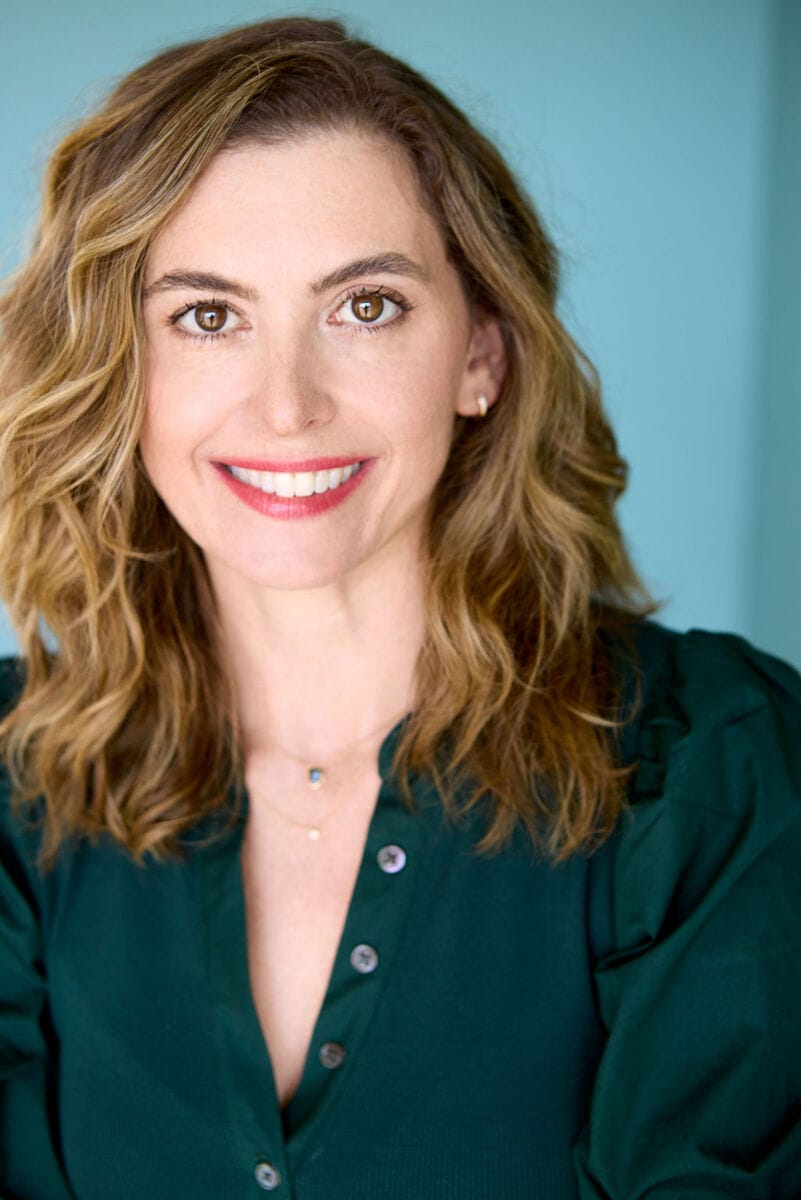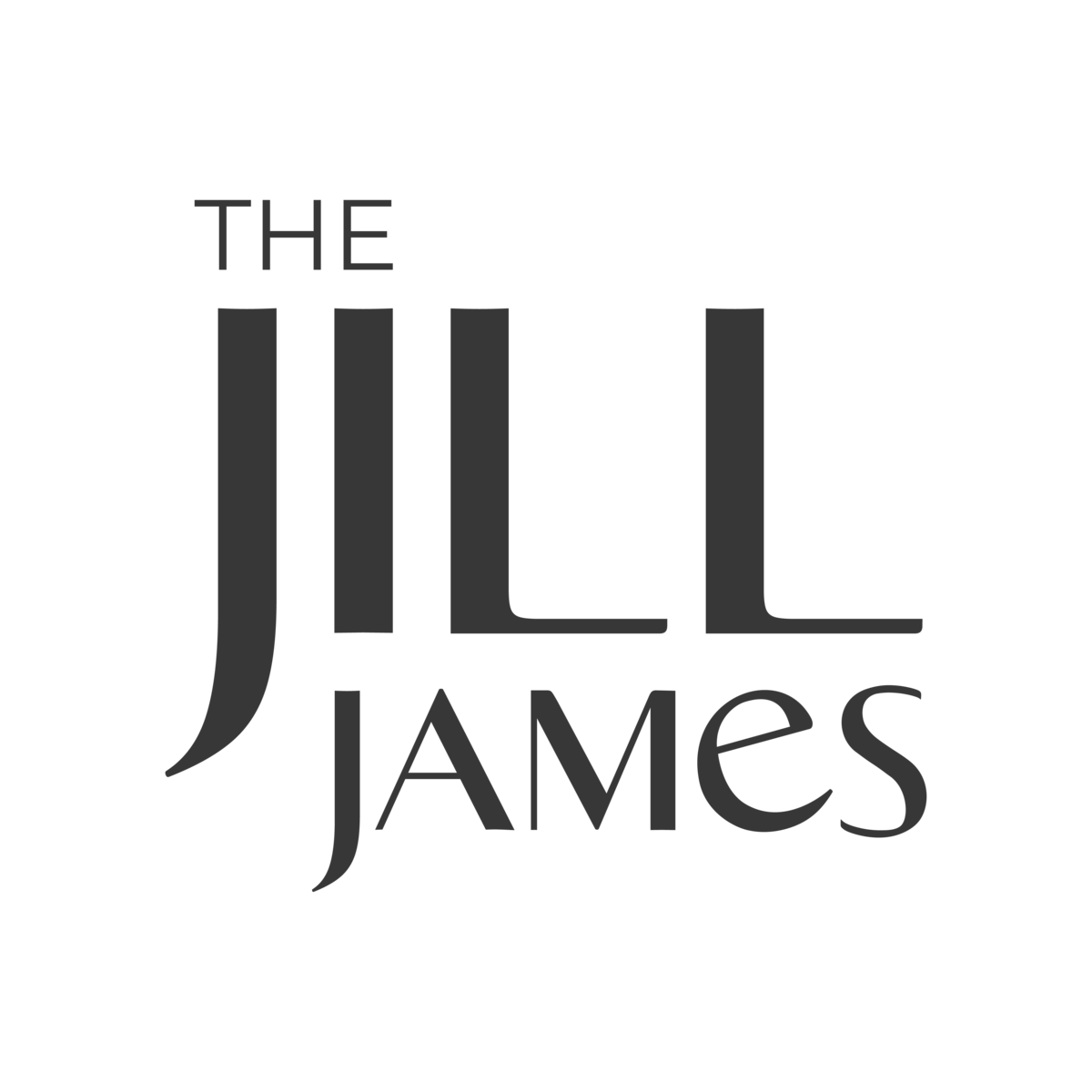
In this newsletter:
Happy Women’s History Month
Leaving the house in hard pants
New! Referral perks
AMA replay
The one annual trend report you need
The 1893 invention still in your kitchen
Did you get this email from a friend? Click here to get your own.
We’re a thousand miles from comfort
Thank you for indulging my recent political economy nerding. When we enter inflection periods, I throw out our content plan. And right now, uncertainty is spiking. Consumer sentiment is down 22% from December to February. Sales at restaurants and bars are down 13%.
While government policies and macroeconomic readings will continue to be a big deal, we continue the work of building strong, purpose-driven companies. For this week, anyway, it’s back to our regularly-scheduled programming.
Happy Women’s History Month! It’s the time of year I call Peak Hard Pants, when lunches, panels, and conferences encourage us to network relentlessly and refer to ourselves as “girlies.” (Who’s with me on this trend giving the icks?)
I’ve recently ventured into rooms of small and mid-sized business owners, bankers, and wealth managers. Some takeaways:
Business owners
Product businesses are already getting hurt by compounded tariffs and consumer boycotts. One woman highlighted a $57,000 tariff payment she had to make to fulfill an order where the deal terms were set months ago. She couldn’t pass on the cost. On top of that, it’s an order for Target. She spoke up after a few other women encouraged sustained boycotts. Her brand’s centering principle of affordable clean skincare made Target a good fit. It’s complicated, my friends.
Beyond buyer sentiments, business owners said it’s gotten easier to hire good people. And the higher-cost environment is accelerating their experimentation with automation and AI tools. They’re hiring for curiosity and problem-solving over name-brand experience. They may be considering whether to grow faster, take equity investment, or sell now and let a larger company do the work of capturing the upside.
Bankers
The collective headsmack was audible from the money people, both investment and commercial bankers. Why are we pursuing these loser economic strategies? Who’s going to want to invest in a business? What kind of deals are on the table? Where will we find growth? While the commercial bankers still seemed eager to initiate loans and lines of credit, the investment bankers will be fighting for activity. My takeaway was that more public companies will go private, and going public is a last-resort exit path. But private roll-ups mean healthy small businesses will be more desirable acquisition targets.
Wealth managers
Not shocking to hear wealth managers sticking with foundational strategies. Stay invested. Use dollar-cost averaging. Be on top of tax-preferred strategies and manage your risks with insurance.
One tidbit from the wealth session: women spend $195,000 more than men over their lifetime on healthcare costs. While a good chunk comes from living longer and giving birth, there’s about 40% that hits from chronic health issues in middle age. Preventative care in your 30s, 40s, and 50s can have very real long-term savings both financially and in your quality of life. Don’t skip it.
In an environment with this much uncertainty, it’s hard to look for opportunities.
I cannot un-stupid this market correction. But I can say that uncertain environments are full of opportunities for problem-solving. Small businesses lead recoveries because we are nimble. Start with joining some new conversations, even if you can’t see an immediate payoff.
As much as women look down on failing forward, it’s the reality of these conditions. We’re stepping to the next stone so we don’t get swept down the rapids. We have to keep our businesses going, pay our mortgages, feed our families, and sustain our teams. And we’re not going to get it exactly right, but we have to try.
Pick your battles. Where is a best practice—an 80% solution—good enough? Where is that not going to cut it? Where is it worth taking a risk with an investment, an innovation, or a new path? How can you make space to engage with problem solvers?
As much as it feels safe to do the same thing, stay small, and hide in your house, it’s time to listen for pivots and opportunities. Even if they require hard pants.
Referral program
Last week, we launched a referral program. At the bottom of this email, you’ll find a unique link that you can share. Each time a friend clicks it and signs up to try the newsletter, you get a credit toward little treats. You can also add your friends’ email addresses directly on your beehiiv referral page, and we’ll send them personalized invitations.
Besides the good karma of supporting a fellow small-business owner, we’ll send you rewards for 1, 5, 10, 25, and 50 referrals. (If we get above this level, bless—we’ll add more tiers.) At 1, 5, and 10, you get digital bonuses delivered to your inbox. At 25 and 50, you get physical stuff.
March 13 AMA Replay
Thanks to everyone who joined live and brought their questions to last week’s AMA! If you missed it, we covered mandatory state retirement programs, books and podcasts I love for business management, why I favor non-negotiable business design pillars over work-life balance, and more. Watch the replay here.
No AMA in April. You’re welcome to send questions to [email protected] or tag me on your posted question on LinkedIn, Instagram, Threads, or BlueSky.
Media Kit
SXSW: Futurist Amy Webb of Future Today Strategy Group dropped her annual Emerging Tech Trend Report at SXSW. Watch here, listen here, download the full 1,000-page report here. What I took away: it’s a time to be curious and ask, what do my life and business look like? Where should I invest? It’s worth watching the first 15 minutes of the presentation for guidance on how to make a future strategy when you’re uncomfortable and afraid.
WSJ: You know you can save up to $70,000 annually in a retirement savings account for yourself (and your spouse). But there’s another wealth vehicle that could bring that tax-deferred annual savings to $250,000 or more. It’s called a cash balance plan, and it’s a version of a classic pension. If you have sustained high business profit for at least three of the next five years, whipping up a cash balance plan for 2024 might be the move before you file your taxes. (If you’re blocked by the WSJ paywall, check out this explainer from Investopedia.)
Popular Science: A woman invented and patented the first water pressure dishwasher. Because of course she did. But the back story: she did it out of necessity to support her household after her supposedly-wealthy husband died, leaving her with a pile of debt and a household to support. Her original designs from 1893 became the basis for today’s KitchenAid and Whirlpool dishwashers.
Please send feedback to [email protected]. If you love this newsletter, we now offer you referral rewards for sharing 👇👇👇! Thank you for reading.

